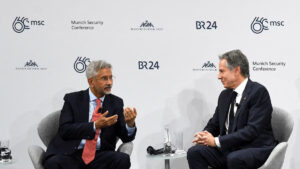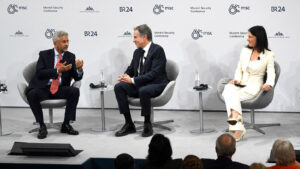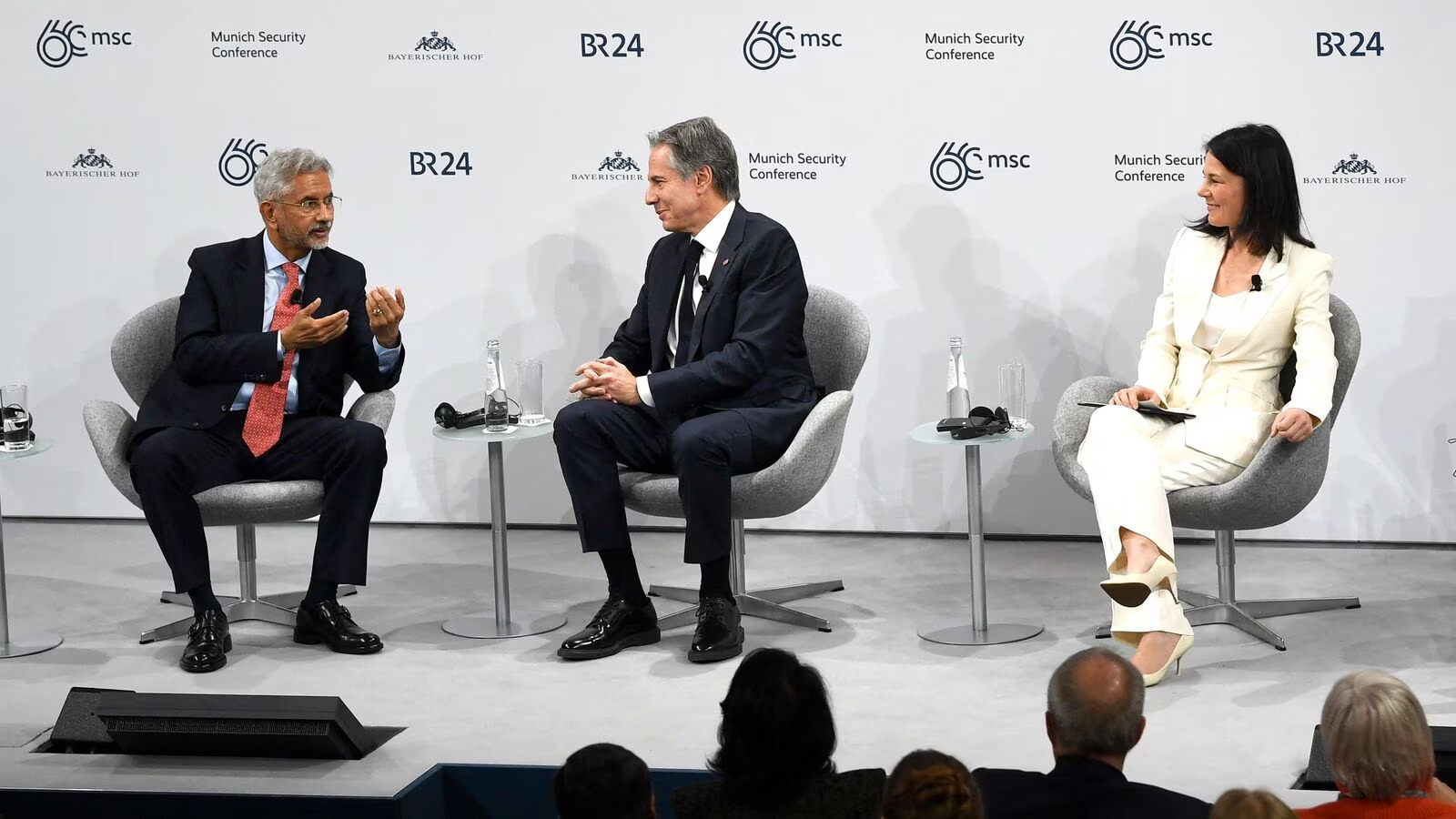In a recent panel discussion at the Munich Security Conference, India’s External Affairs Minister S Jaishankar addressed concerns about India’s decision to continue buying oil from Russia despite Western sanctions. His response not only shed light on India’s diplomatic strategy but also the complexities of international relations in today’s interconnected world.
Balancing act of india
Jaishankar’s stance on India’s relations with Russia and the United States is an example of India’s diplomatic balancing act. Amid growing pressure from the West to conform to its sanctions against Russia, Jaishankar stressed India’s ability to maintain multiple strategic partnerships. This balancing act reflects India’s pragmatic approach to foreign policy, where national interests take precedence over external pressures.
Strategic autonomy
Jaishankar’s reply underlines India’s commitment to maintaining strategic autonomy in its foreign relations. By refusing to be forced to engage with Western sanctions against Russia, India asserts its independence in shaping its foreign policy agenda. This strategic autonomy allows India to deal with complex geopolitical scenarios while protecting its national interests.
Economic ideas
The decision to continue purchasing Russian oil also reflects India’s economic considerations. Jaishankar highlighted the practical logic behind India’s oil trade with Russia, citing its impact on global oil prices and market competition. India’s strategic oil purchases not only stabilize global oil markets but also serve its economic interests by ensuring diverse and sustainable energy supplies.

Diplomatic engagement
Jaishankar’s emphasis on dialogue, diplomacy and conflict resolution underlines India’s commitment to peaceful resolution of international conflicts. India’s advocacy for dialogue in the Russia-Ukraine conflict reflects its role as a responsible global actor promoting stability and peace. By engaging in diplomatic efforts, India strengthens its position as a major player in international affairs.
Non-western identity
Jaishankar’s comments on India’s identity as “non-Western” but deeply interconnected with Western countries highlight India’s unique position in global geopolitics. India’s nuanced approach to international relations acknowledges its unique cultural and historical context while fostering strong partnerships with Western countries. This non-Western identity reaffirms India’s commitment to a multipolar world order based on mutual respect and cooperation.
Conclusion
S Jaishankar’s reaction to India’s purchase of Russian oil shows India’s diplomatic finesse and strategic autonomy on the global stage. By navigating complex geopolitical dynamics with pragmatism and diplomacy, India reaffirms its position as a major player in shaping international affairs. As India continues to address emerging global challenges, Jaishankar’s insights provide valuable perspectives on India’s foreign policy priorities and strategic commitments.

